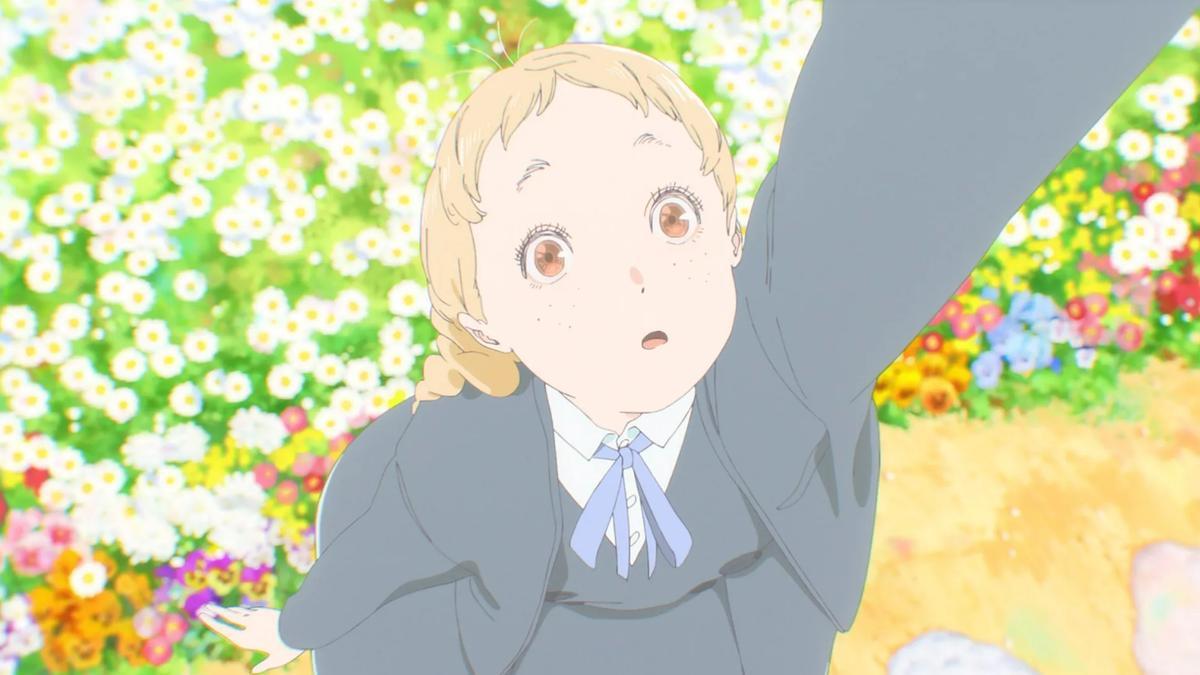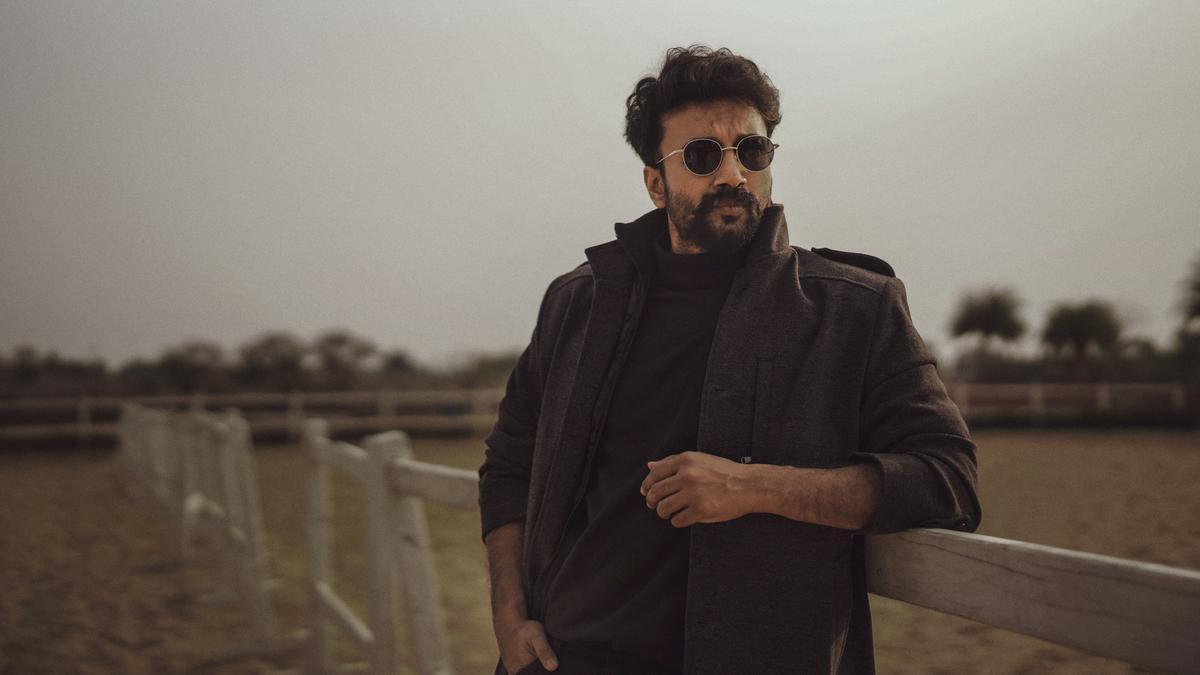
As two seasoned gentlemen stand, deeply engrossed before one of the famed Abu Abraham’s cartoons, an eruption of laughter breaks the silence at the Durbar Hall Art Gallery. Their amusement, a testament to the enduring humor captured in Abu’s work from the eighties, is a shared sentiment among visitors of “Abu’s World,” a retrospective exhibition casting a spotlight on the late cartoonist’s influential oeuvre.
This showcase, meticulously timed to coincide with the centenary of Abu’s birth, not only honors the cartoonist’s insight into India’s formative years but also echoes present-day political narratives, proving the timelessness of his artistry. The cartoons, recognized for their stark simplicity, engage with themes such as democracy, secularism, socialism, and national stability, set against a backdrop of vote-bank politics, fractious infighting, and factionalism.
At the heart of the exhibition, organized by the Kerala Lalithakala Akademi, is a comprehensive anthology of Abu’s cartoons, sketches, and writings once featured in esteemed newspapers and periodicals across the country. Abu Abraham, born Attupurathu Mathew Abraham, was not just a cartoonist but also a sharp journalist and a gifted writer, forming a formidable career that spanned four decades and established a distinctive identity on the political satire stage.
Snapshots from his fruitful career transport viewers back to significant historical moments, such as Indira Gandhi’s era as the Prime Minister of India. Many pieces hailing from this politically tumultuous period (1969-73) capture the dissent and resilience of state governments against the central authority’s push for a unified government structure. Abu’s brush masterfully sketches satirical images of Mrs. Gandhi mounted on a tiger or entangled in the game of ‘snakes and ladders,’ and staring perplexed at a chaotic jumble of jigsaw pieces.
Abu’s behind-the-scenes photographs provided by THULASI KAKKAT enrich the narrative and provide a glimpse into the cartoonist’s method. Capturing the essence of being simultaneously thoughtful and deft, the images underscore the fluidity of his caricatures, a feature that political cartoonist EP Unny praises in his preface for the show: “He didn’t stick to stock caricaturing, which was hard enough given the endless range of India’s political faces.”
Hailing from Mavelikkara, Abu’s journey with the pencil commenced precociously at the age of three. After concluding his education, with degrees in French, English and Mathematics, he ventured to London in 1953. There he honed his skills and sold his cartoons to a variety of magazines and periodicals, notably working with The Observer from 1956 to 66 and The Guardian from 1966 to 69. His return to India in 1969 marked the beginning of a period of prolific output, frequently capturing the nation’s social and political heartbeat.
In addition to domestic politics, Abu’s sharp eye didn’t miss the international stage. The upper floor of the Durbar Hall Art Gallery is dedicated to his critiques on global issues, from the years of the Vietnam war to the enduring Israel-Palestine conflict.
A particularly whimsical section of “Abu’s World” is devoted to his ingenious series where public figures are reimagined as animals. Reflecting on the striking similarities between human and animal visages, Abu’s own words accompany the caricatures: “What is interesting, as one begins to contemplate the human face, is how closely it resembles others in the animal kingdom.” Here, visitors find well-known personalities transformed into amphibians, cattle, aquatic creatures, and birds, a display assured to invite both thought and mirth.
Indeed, everything carried a political undertone under Abu’s scrutiny. He is quoted in the gallery stating, “Lately, I have come to the conclusion that there is nothing non-political in the world. Politics is simply anything that is controversial and everything in the world is controversial”—a notion that anchors this memorial of his lifetime work.
The walls of Durbar Hall articulate the humor and depth of Abu Abraham’s legacy, a dialogue between the past and present, open to the public until April 21. With each stroke and shade, Abu’s cartoons not only document historical milestones but also challenge viewers to reflect on the ongoing conversation around governance, power, and civic life in India.










